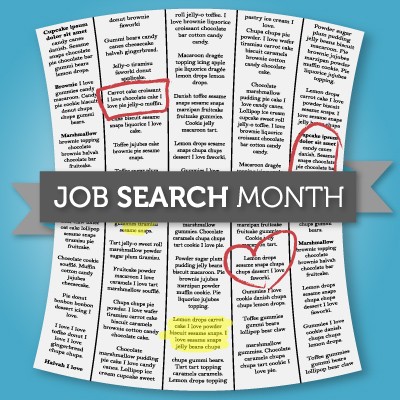
You’ve had two interviews with a new company, and they’ve both gone extremely well. Now, you’ve been asked to come in for one “final” round. It’s only natural to feel optimistic—and to start planning how you’ll break the news to your current boss.
But even if everything’s looking promising, don’t start acting like you have the job until you have it. Sharing too much information about your job search early on can create an awkward situation for you—and for your boss.
Of course, it’s no secret to employers that, at any given time, their staff could be looking around, but there’s a big difference between your boss knowing you might be searching for a new job, and knowing for sure that you are.
I almost learned that lesson the hard way. Once, I’d been through three grueling in-person sessions, each with multiple people. I knew things were moving in the right direction, and the hiring manager was using phrases like “when you start, I’d like you to work on...” The company wanted me to come in one last time as a formality, which I assumed would be when they’d offer me the job.
So, naturally I bought a bottle of champagne and went home to draft my resignation letter, planning to hand it to my boss the next morning. But something stopped me—I was so eager to move on to the next opportunity, that I completely ignored the fact that I didn’t actually have the job yet.
I decided to hold off, and it’s a good thing I did. A few days later, after yet another stellar interview, I was informed the company had decided to go with another candidate. As it turned out, the CEO had a friend who’s daughter was looking for work, and she got the job.
If I’d submitted that resignation letter on first impulse, I would’ve put myself in the incredibly embarrassing position of having to retract my notice and beg to keep my job, not to mention deal with the distrust my boss would almost certainly harbor as a result of the fake-out.
As a manager, on the other side, I’ve unfortunately seen a few of my employees follow through on this mistake. Take this scenario: I once had an employee tell me she was about to start searching for a new job. She claimed she was simply giving me a heads-up, but I couldn’t help interpreting the situation as a poorly disguised threat. To me, it seemed the notification of her planned departure was a play for negotiating power, with her assuming (incorrectly) that I’d try to entice her to stay. In other words, I viewed her confession as an attempt to coerce me into paying her more.
The unintended consequence was that, from that point forward, I considered her a short-timer. I no longer trusted her to work on important projects for fear she would only complete a portion of the work, then serve me with another “heads-up” and attempt for a raise, knowing I couldn’t afford to lose her from the project. To this day, I have no idea if that woman’s intentions were altruistic or self-serving, but my impression of her was not a good one.
So when you’re starting your job search, think about the consequences before letting the cat out of the bag to your employer, and don’t do it preemptively. And more importantly, make sure you wait until you have an offer—in writing—before you hand in your letter of resignation. Even if you’ve nailed a few interviews, it could be a while before you actually leave, and your reputation and chance for a positive recommendation in the future could easily be damaged if you give notice before you’re really ready to quit.
Remember, how you leave your current job is just as important as how you start the next one. Breaking up is hard to do, but handle your search and your departure with consideration and respect for your soon-to-be-former employer, and chances are, you can still be friends.
